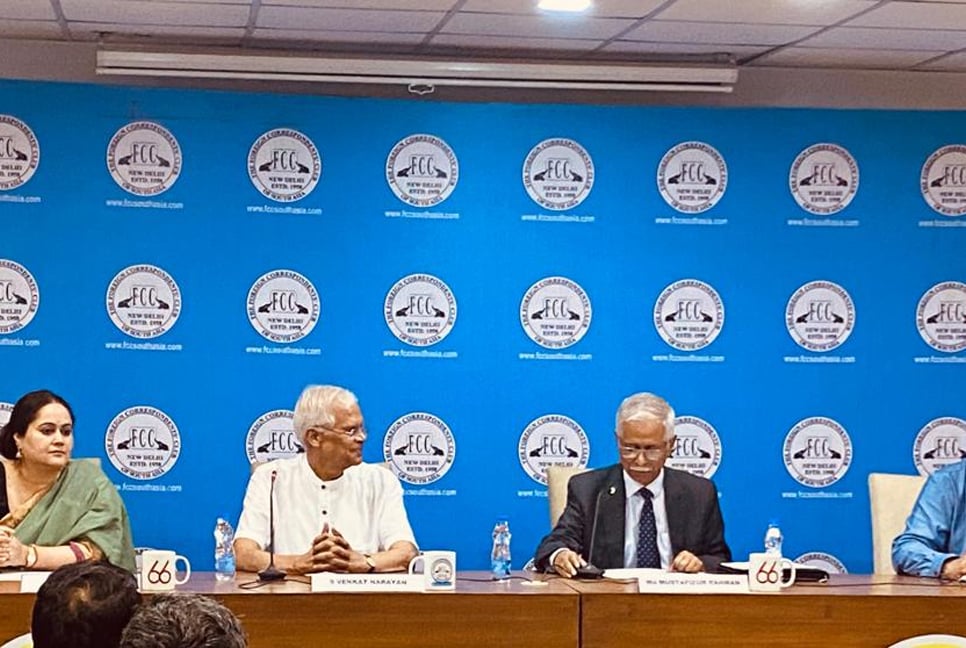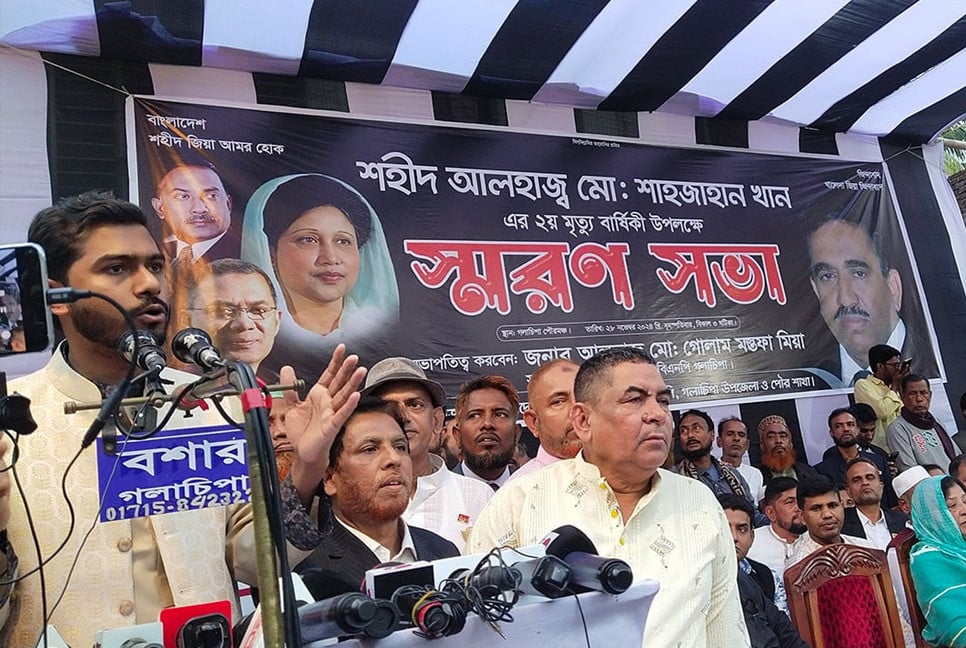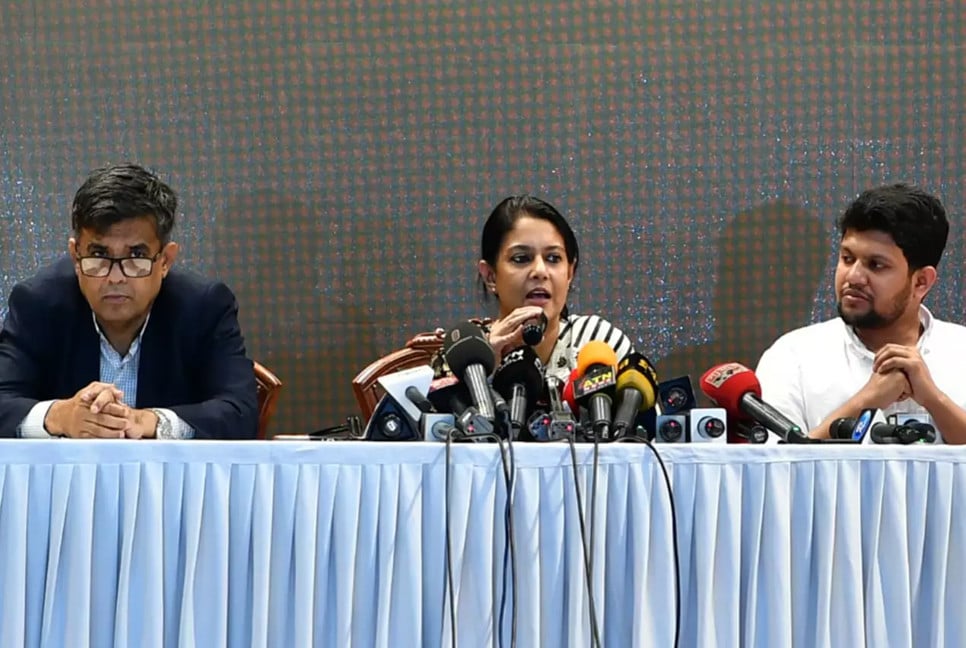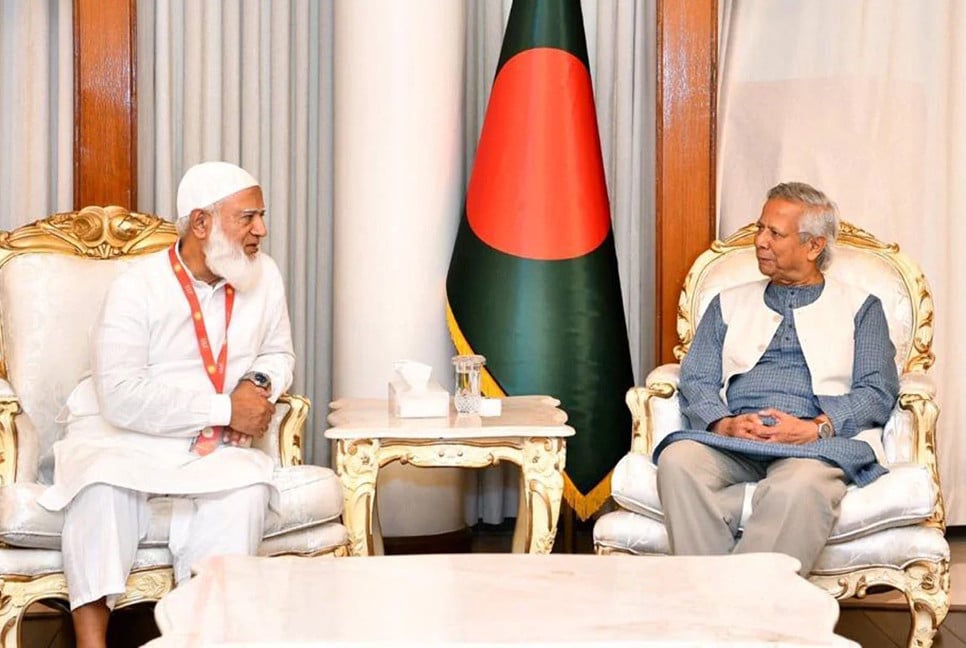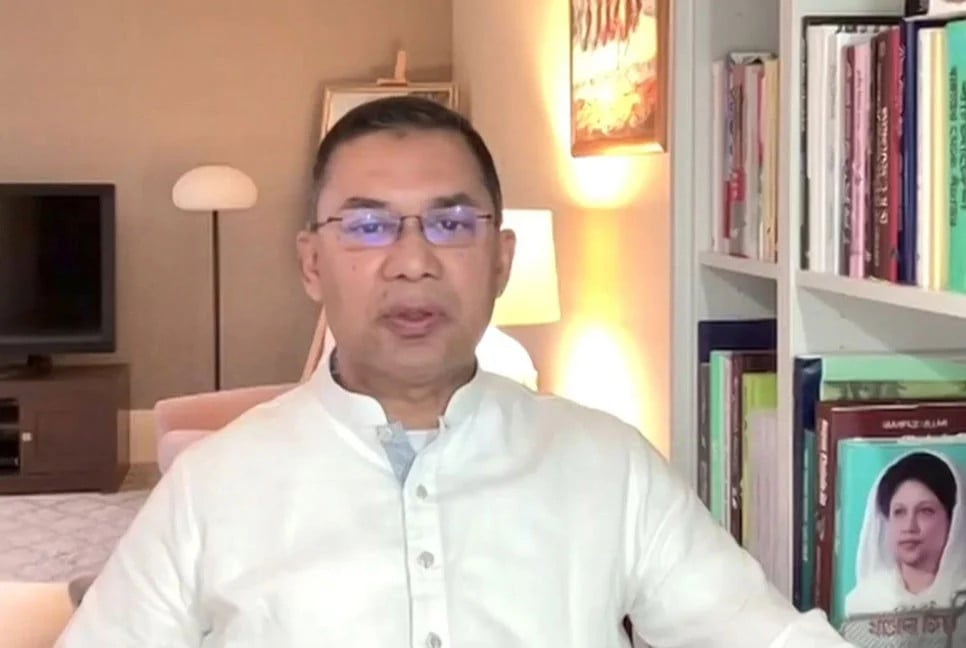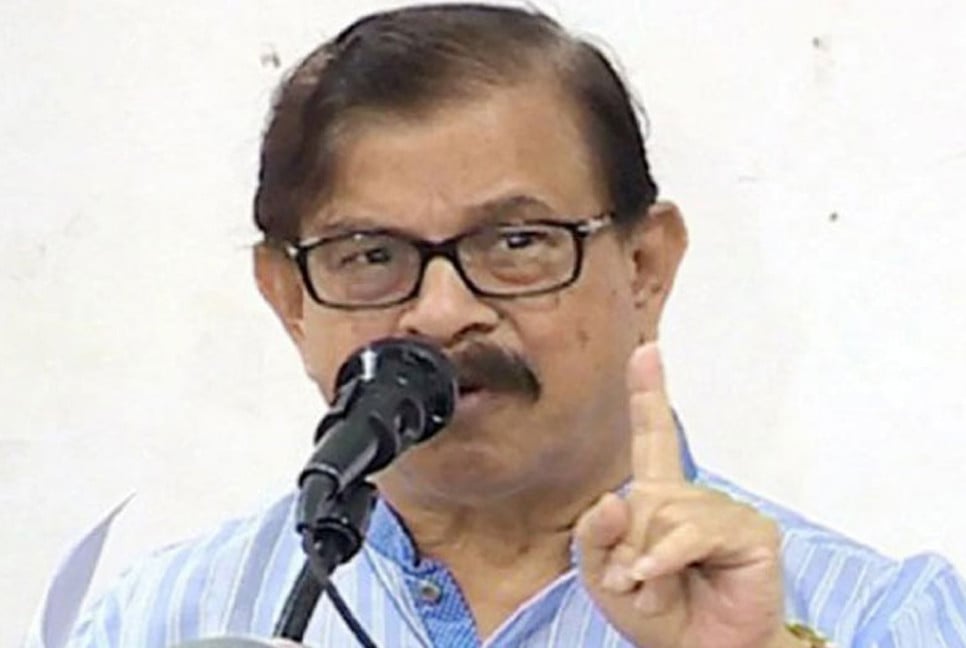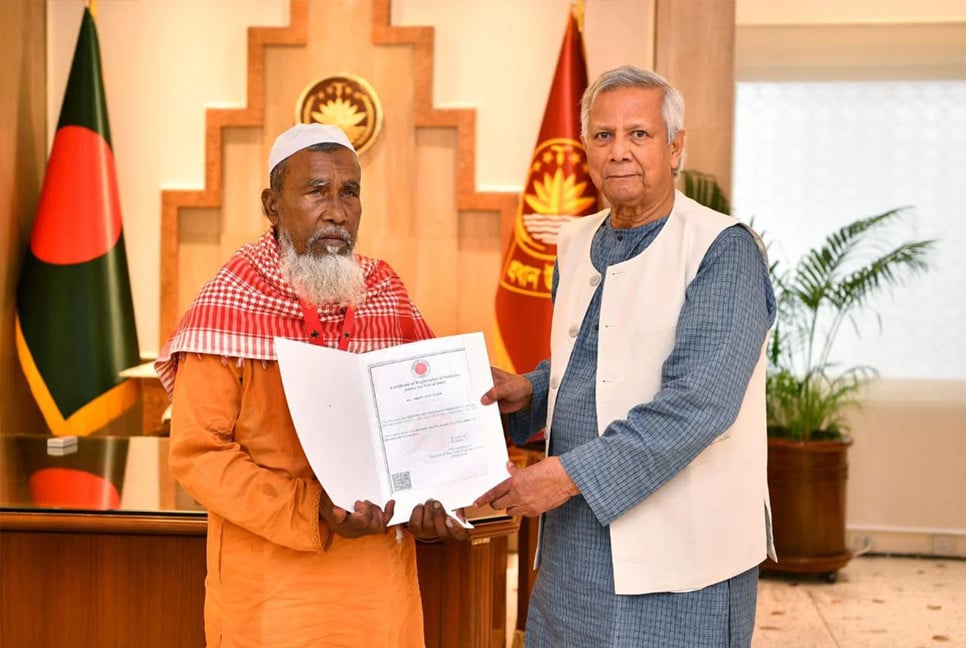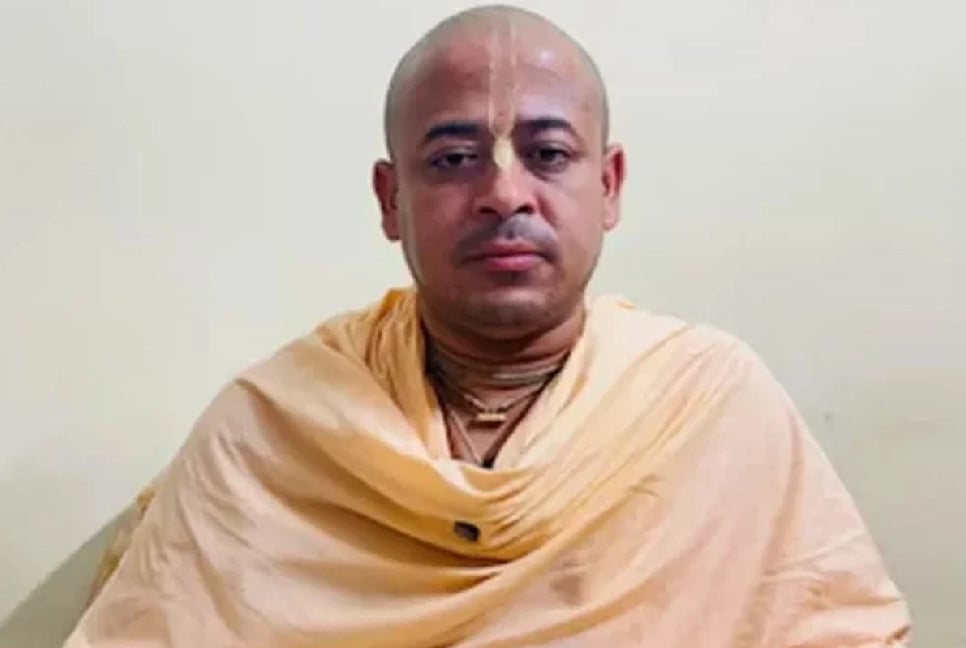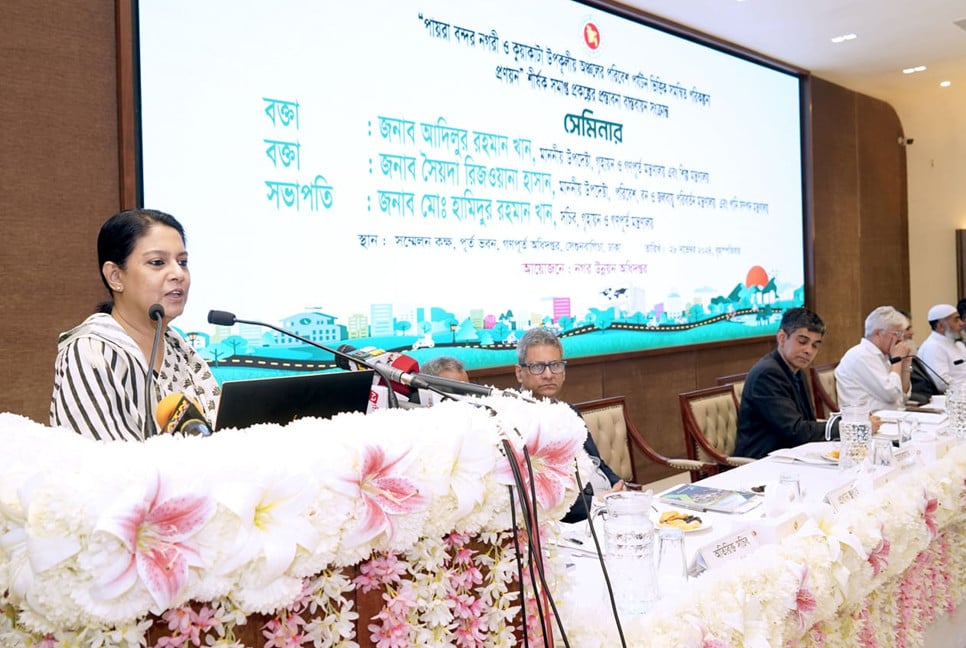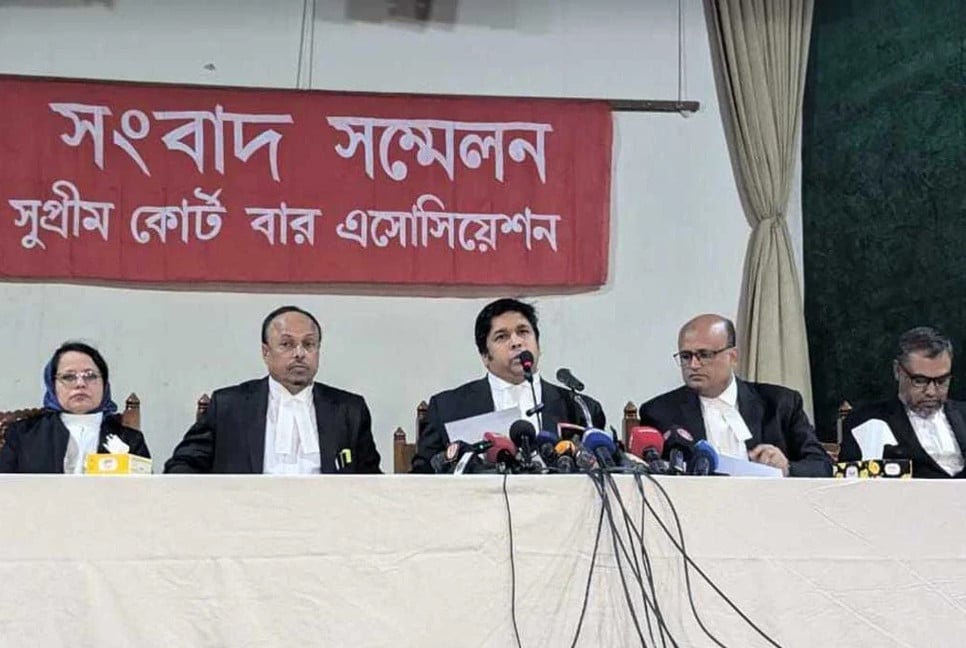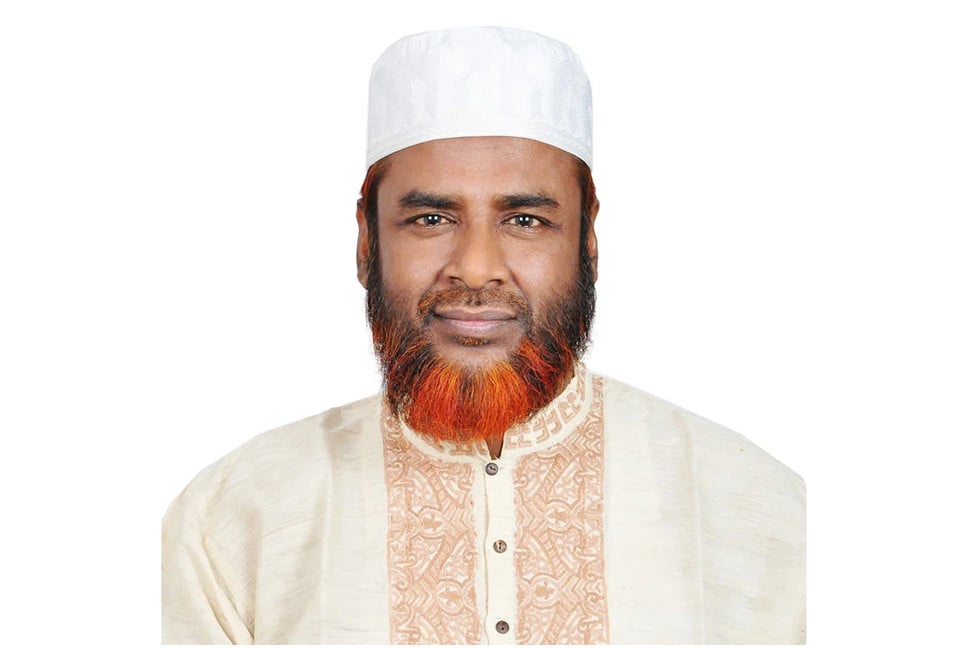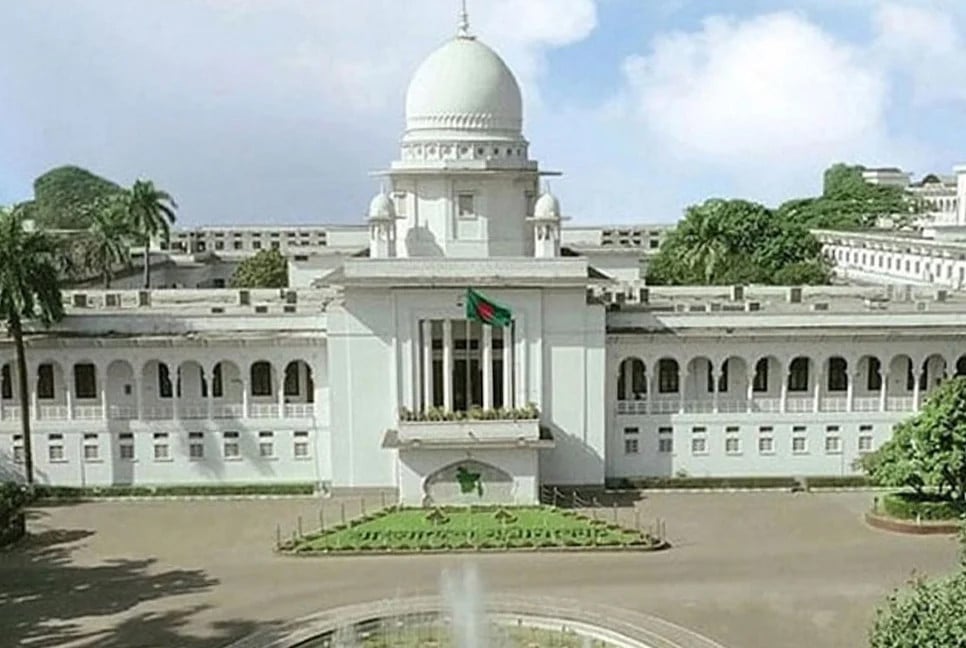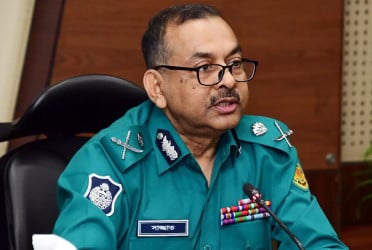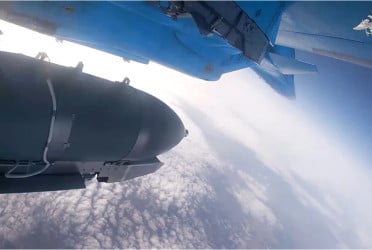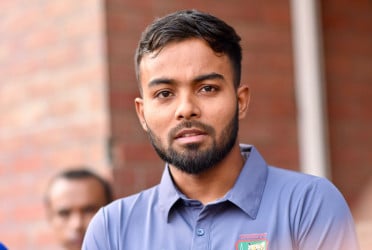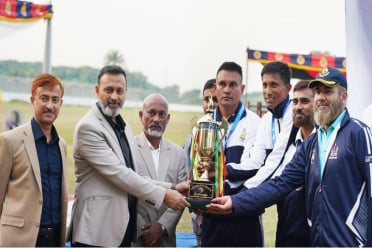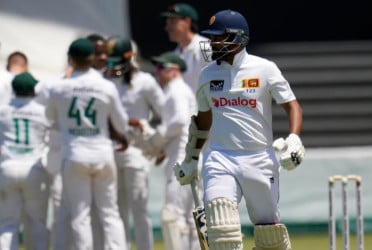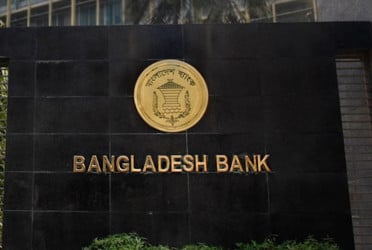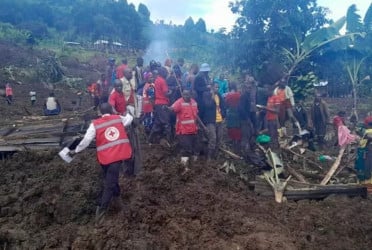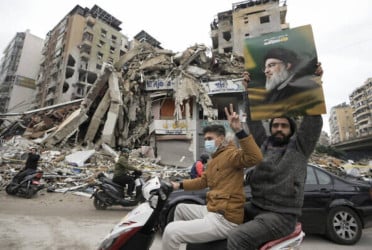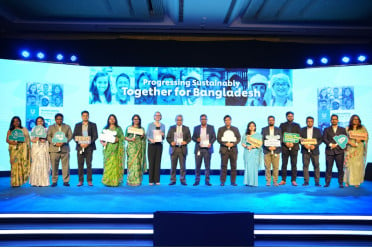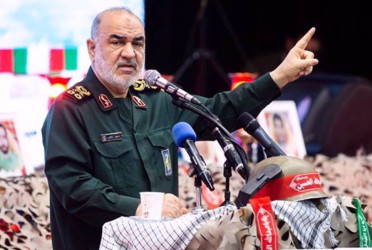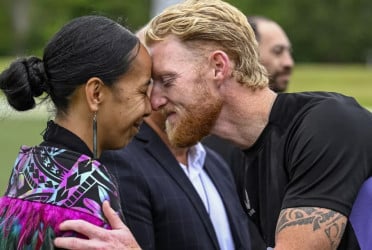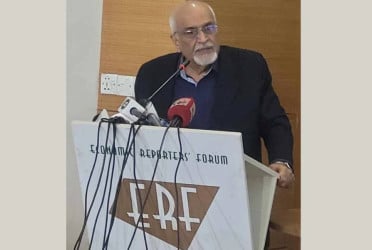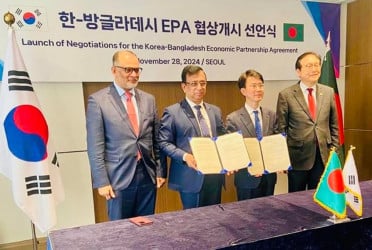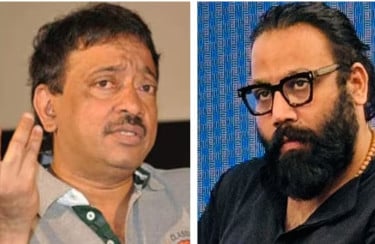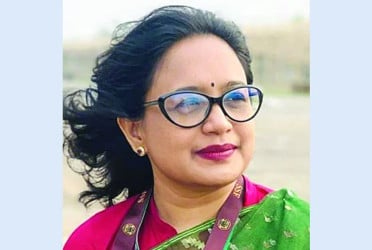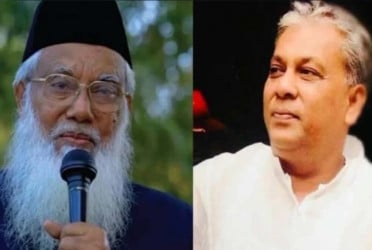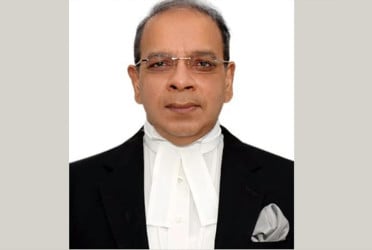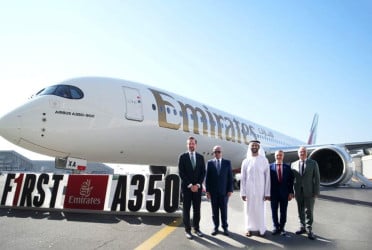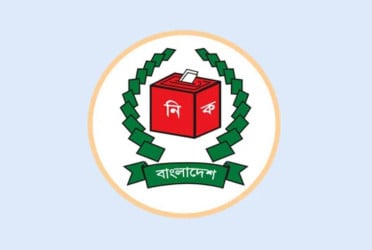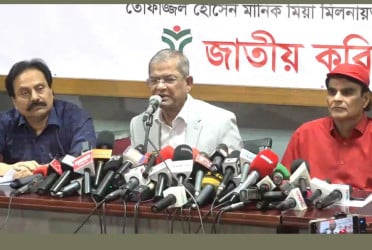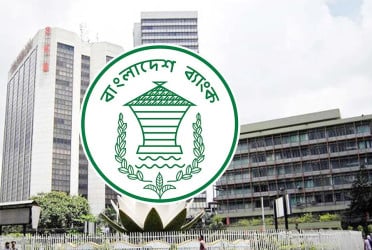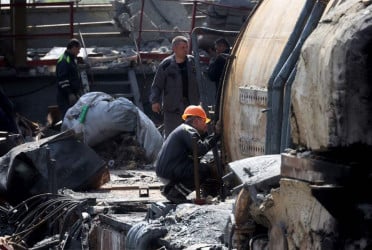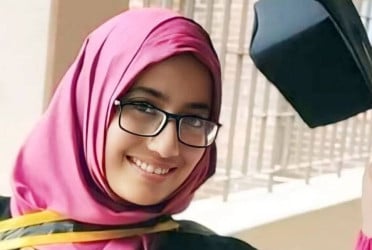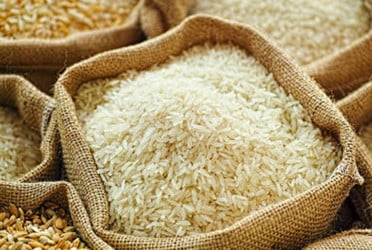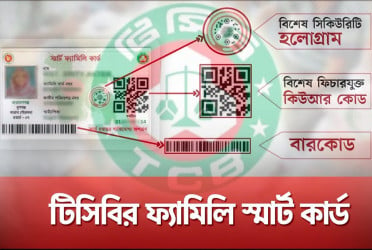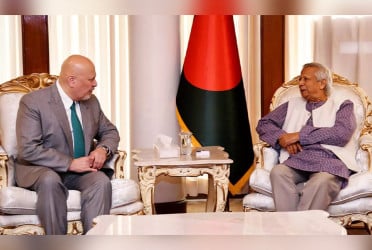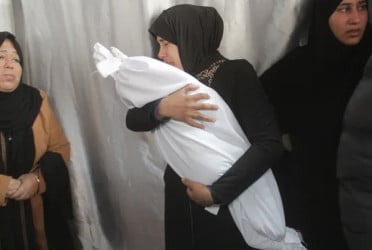Bangladesh High Commissioner to India Mustafizur Rahman on Friday said his country appreciates the international community, including the US, for firmly standing by the present government to hold the upcoming general election in a free and fair manner, reports BSS.
"Our government appreciates that international community, including the US, firmly stands by it as our government is commitment to hold a free and fair election at all levels for upholding the country's democratic process," he said.
The Bangladesh envoy made the remarks while answering questions by media following "A Special Talk" on "Bangladesh-India Relations Today" at Foreign Correspondents' Club of South Asia on Friday evening.
He said Bangladesh is now a democratic and politically stable nation. A series of election at national and local levels were held in the past under the present government in a free, fair and peaceful manner, he added.
"Again, it is entirely after the people of Bangladesh to sustain the hard-earned democratic process. Political stability can carry forward the development process," he said.
FCC, South Asia President S. Venkat Narayan chaired the function moderated by Secretary of the organization Prakash Nanda while its Governing Committee member Simran Sodhi gave vote of thanks.
The 'Special Talk' by envoys of different countries is a flagship programme of FCC South Asia, an organization of foreign correspondents covering the South Asian countries.
Responding to another query, Mustafizur said, "We expect that our friendly countries would support our democratic process and our development endeavours...And as a friendly country, we would expect support from India as well to this end."
Regarding poll time caretaker government issues, he categorically said that there is a Supreme Court (SC) verdict in Bangladesh on non-partisan poll-time caretaker government and the government has to comply with the court verdict.
About Bangladesh's expected joining in BRICS, he said definitely it would help accelerate pace of development in Bangladesh as "we need resources, in terms of assistance or loan and for that we go through WB, ADB and other financial institutions."
When asked about the India-Bangladesh trade, he said the bilateral trade has increased manifold during the last couple of years although there is huge trade gap. "There are some issues which need to be resolved for reducing the gap," he said, adding that both the countries are working closely to this end.
Earlier, Mr. Rahman in his written statement touched upon different issues, including Bangladesh-India ties, bilateral trade and business, connectivity, cultural ties and people to people contact.
"Today, Bangladesh-India ties are diversified, multifaceted, multidimensional and ever-evolving. The framework of bilateral cooperation encompasses all possible avenues, including trade and investment, power and energy, transport and connectivity, science and technology, defence and security and many more," he added.
Regarding cross-border terrorism, he said Bangladesh's principled and unequivocal position is to deny terrorism in any form, and not to allow its territory to be used against the interest of any country, including India.
"We happily note that due to our government's pro-active initiatives, the Northeast region in India is now enjoying the benefits of continued development, peace and stability," he said.
The envoy sought substantial investment from Indian investors in two dedicated Special Economic Zones in Bangladesh, namely, Mongla and Mirsarai, to broaden export base in Bangladesh.
He opined for exploring more sub-regional and regional connectivity initiatives to promote regional trade and development. Bangladesh could be an important partner for the India-Myanmar-Thailand Trilateral Highway Project in order to give a further boost to connectivity in the region, he said.
Referring to the Bangladesh-India water-sharing issues, he said, "Amid a number of success stories, our progress on the water-sharing issue has been quite slow although there are 54 common rivers between the two countries."
He said water sharing during the lean season has been a sensitive and delicate issue as it has a direct impact on the environment, food production and quality of life of "our populations".
In this connection, he said it is necessary that Bangladesh receives its fair share of the Teesta waters to alleviate the sufferings and save the livelihoods of millions of people dependent on the Teesta river basin.
About Rohingya issues, he expressed the hope that India, as a key country in the region, would stand by Bangladesh in finding a durable solution to the crisis, including through actively engaging with Myanmar in ensuring repatriation of the forcibly displaced Rohingyas from Bangladesh to their homeland at the earliest possible.
Bd-pratidin English/Tanvir Raihan

